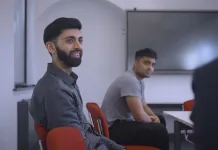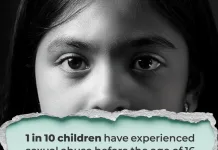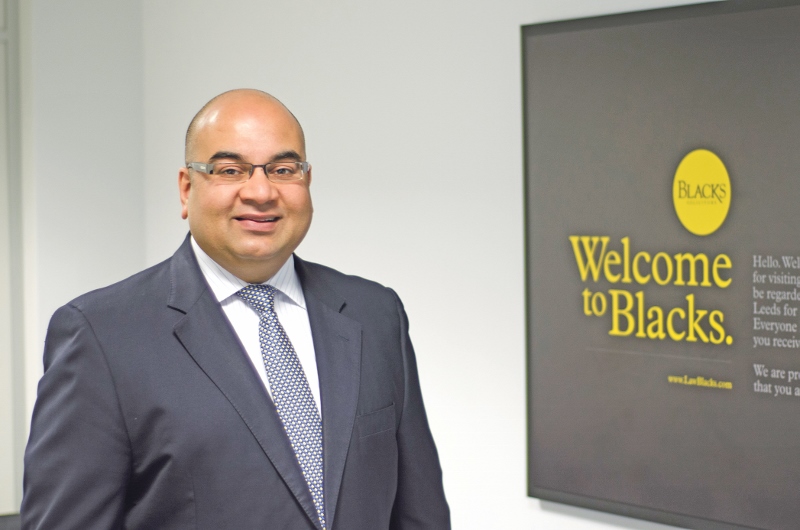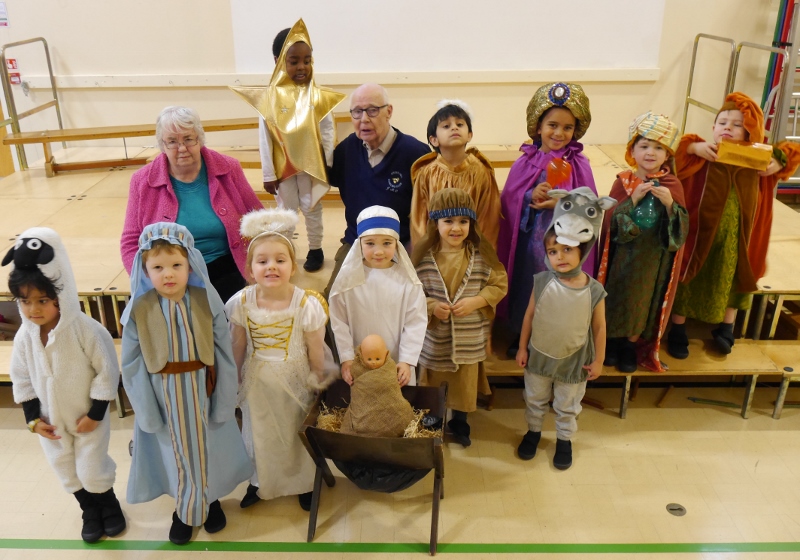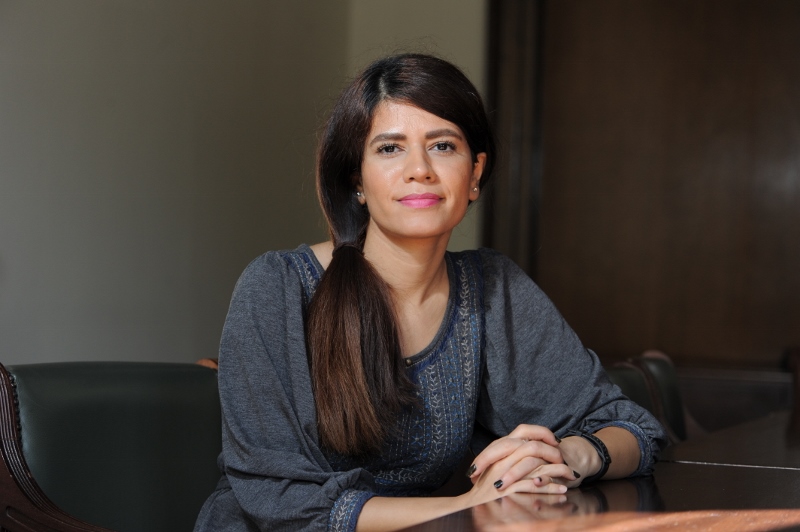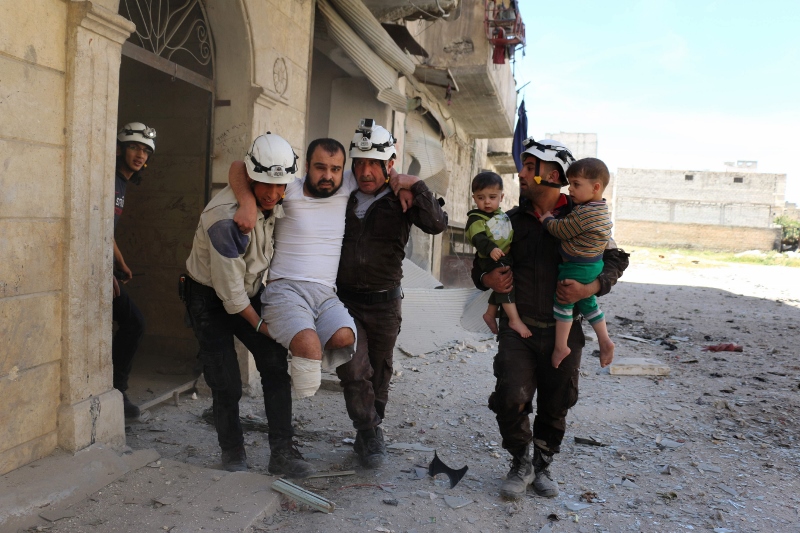
Two supplementary schools in Leeds have been presented with gold standard awards this past week in recognition of their high standards of education and support.
The Baltica School and Hamara Supplementary School received their accolades at the national Quality Framework Awards for Supplementary Schools.
Three other local establishments, La Petite Ecole, Persian Association and Vidia Sagar Cultural Group all achieved bronze awards respectively.
Councillor Jane Dowson, deputy executive member for learning said: “We are very proud of another year of success for our supplementary schools in Leeds. Our aim is to make Leeds the best city to grow up in, and these schools are helping us to achieve this.
“We are very proud of our diverse and multicultural city and these schools are an important part of many communities by helping children and young people to develop their knowledge and understanding of their own culture and community as well as supporting additional learning in traditional subjects.
“I would like to congratulate all of these schools on this fantastic achievement.”
The awards have been developed by the National Resource Centre for Supplementary Education (NRC). It is a national accreditation scheme called ‘The Quality Framework’ and is a voluntary quality recognition scheme, which is independent, peer-assessed and self-regulated.
It aims to recognise, celebrate, record and improve the achievements of supplementary schools.
Supplementary schools can gain a Quality Framework Award at bronze, silver or gold levels.
These levels cover teaching and learning, governance and community engagement. Schools must complete the bronze level first to demonstrate that they have essential management and safeguarding procedures in place.
Supplementary schools can offer traditional curriculum subjects English, math and science and / or religious or cultural studies, mother-tongue classes, and extra activities, such as sport, music, dance and drama.
They are set up by local voluntary and community groups, and often rely exclusively on volunteers.



